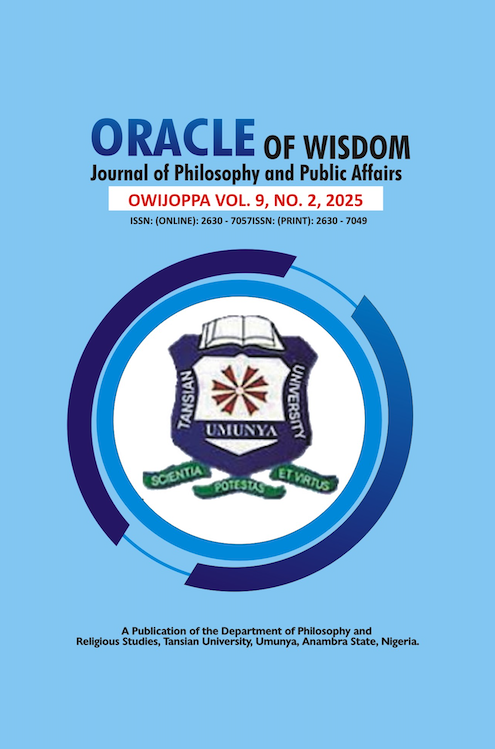MARTIN BUBER'S PHILOSOPHY OF DIALOGUE
Résumé
This research centers on Martin Buber's philosophy of dialogue as a transformative thought within 20th-century existential and relational thought. Central to Buber's philosophy is the distinction between two fundamental modes of human engagement: the "I–Thou" and "I–It" relationships, articulated most clearly in his seminal work Ich und Du. The "I–Thou" relation signifies a mode of being that is direct, reciprocal, and dialogical—one in which the self encounters the other in their full presence and without instrumentalization. In contrast, the "I–It" relation reflects the objectifying stance predominant in modernity, wherein the other is reduced to a means, a function, or a concept. Buber's thesis is that genuine dialogue—understood not merely as verbal communication but as a mutual existential encounter—constitutes the ground of authentic human existence and ethical life. This study critically analyzes the ontological, epistemological, and ethical implications of Buber's dialogical thought, situating it within broader philosophical traditions, including existentialism, phenomenology, and Jewish theology. Particular attention is given to Buber's dialogue with contemporaries such as Franz Rosenzweig, as well as to comparative engagements with thinkers like Marcel and Levinas. Through this analysis, the paper argues that Buber offers a relational ontology that challenges the atomism of modern subjectivity and affirms the primacy of interhuman and divine relation. In doing so, Buber provides a vision of the self not as an isolated substance, but as constituted in and through dialogue—a framework with enduring relevance for ethics, theology, education, and political theory.


